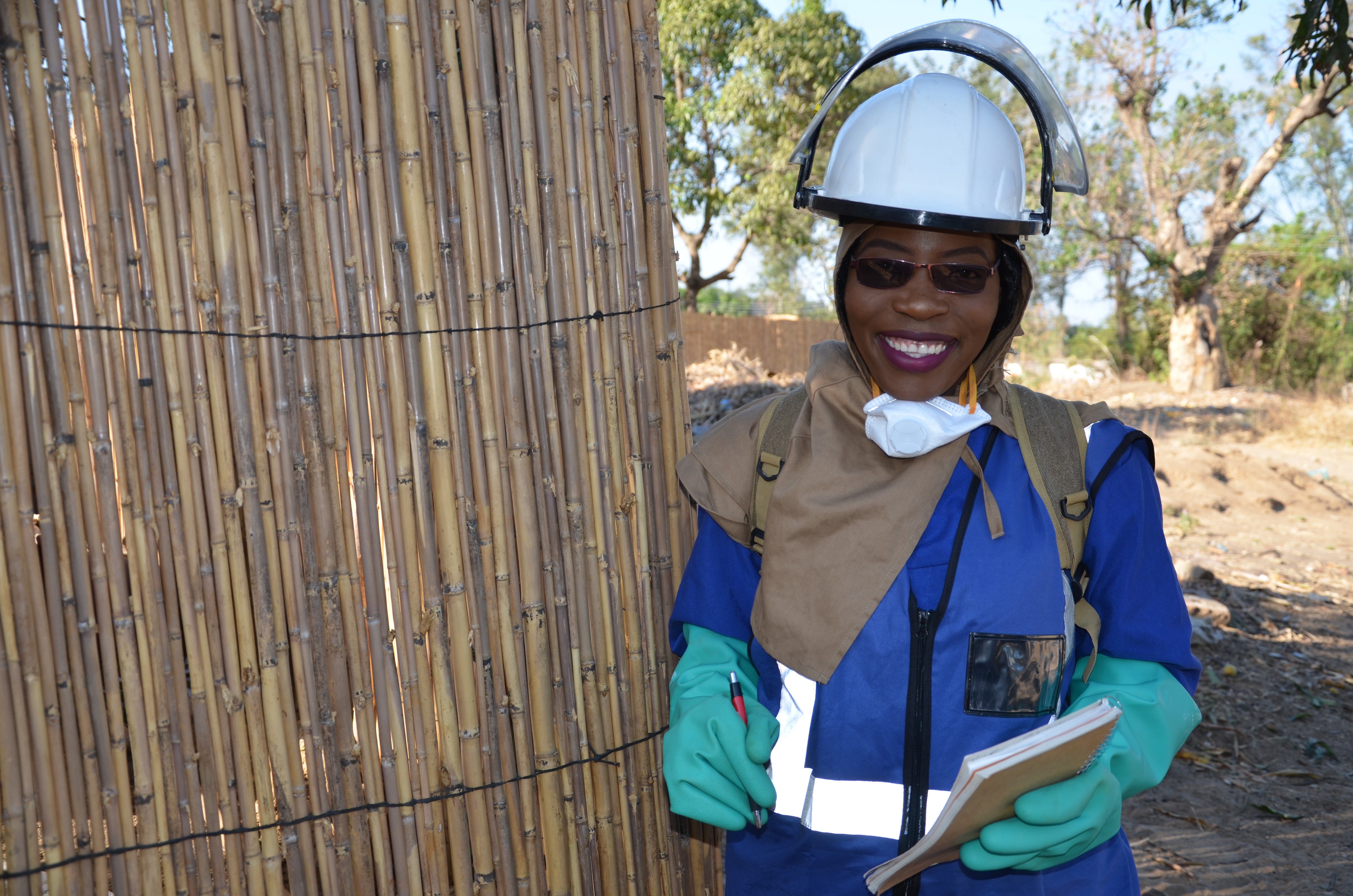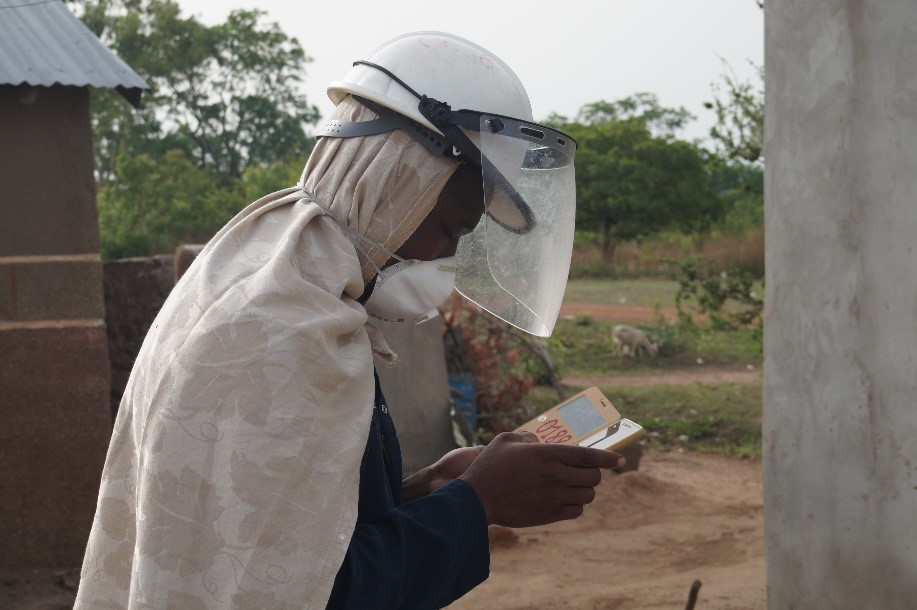PMI VectorLink Adapts Entomological Tool to Ensure Insecticide Residual Efficacy Testing Continues during COVID-19
When COVID-19 began to ripple across the globe, the Government of Zambia quickly put in place strict lockdown measures to prevent the spread of the virus. In response, the U.S. President’s Malaria Initiative (PMI) VectorLink Project rapidly adapted core malaria vector control interventions, namely indoor residual spraying (IRS) and distribution of insecticide-treated nets (ITNs), following PMI and global guidelines, to minimize the risk of COVID-19 infection while continuing to protect communities from malaria and prevent further strain on health systems during the pandemic.
Field assessments to measure the impact of these interventions, however, were interrupted due to the increased risk of transmission of the coronavirus. Impact assessments are critical to generating timely information to inform decisions on optimal vector control approaches and rational use of resources. PMI VectorLink conducts wall cone bioassays to assess how long the insecticide sprayed on walls during IRS remains effective. The longer the insecticide lasts, the longer household members are protected from potential malaria vectors. The traditional method of conducting wall cone bioassays involves the use of mouth aspirators to transfer mosquitoes from holding cups to cones attached on sprayed walls and back to holding cups after the insecticide exposure period. Because staff cannot keep their face coverings on and perform mouth aspiration at the same time, this step was temporarily suspended in Zambia and other PMI VectorLink country entomology programs.
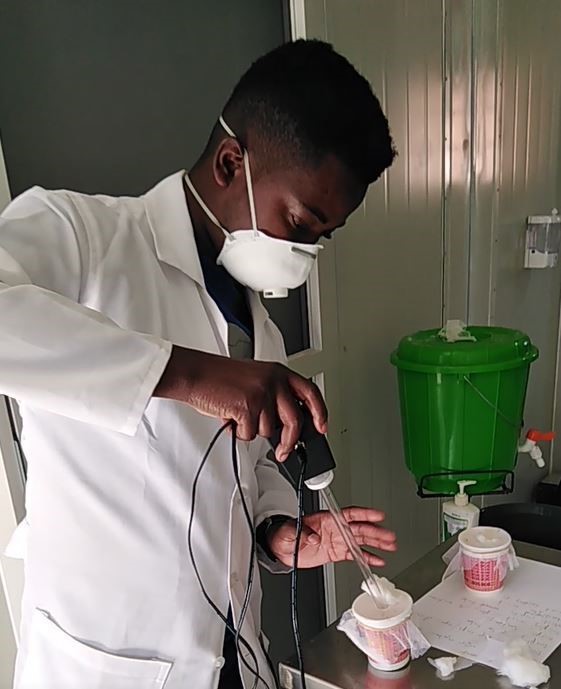
To continue measuring efficacy while maintaining safety precautions, PMI VectorLink ordered handheld, battery-operated aspirators to conduct the cone assays, which would allow staff to keep their protective face coverings on while conducting the tests. The design of the aspirators, however, made it difficult to release mosquitoes from the collection vial inside the unit into the cone on the wall or the holding paper cups. The team responded quickly, modifying the aspirator to improve the mosquito release function, and then deploying them after training for field staff was conducted on their proper use. The field teams are now using the modified aspirators for wall cone bioassays to monitor the insecticide’s residual efficacy on walls while safely wearing their protective face coverings and maintaining social distance. This adaptation is also being replicated in other VectorLink country programs.
As of June 2020, the cone bioassays have shown positive results, with residual efficacy of eight months. This means that the insecticides used during IRS (Fludora Fusion and SumiShield) last throughout the malaria transmission season, providing longer protection to the communities than the previous insecticide used. Without the aspirator innovation, testing during COVID-19 would not have been possible. Knowing that the insecticide lasts longer allows the National Malaria Elimination Program (NMEP) and PMI to begin IRS earlier next year before the rainy season begins, ensuring hard-to-reach areas are protected and that people do not have to bring their belongings out of the house and into the rain during spraying.
“The VectorLink Zambia team’s coordinated effort to ensure continuity in residual efficacy monitoring by successful modification and testing of handheld aspirators for deployment in the field was much appreciated,” said Dr. Emmanuel Kooma, Head of Vector Control, at the NMEP. “I am particularly satisfied that the method can safely be used as a replacement to the conventional mouth aspirators for the wall bioassay tests, a needed intervention during this pandemic.”


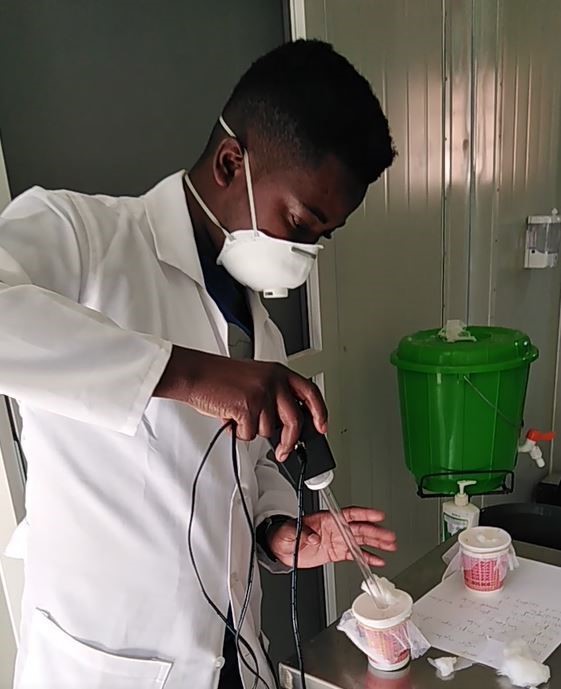
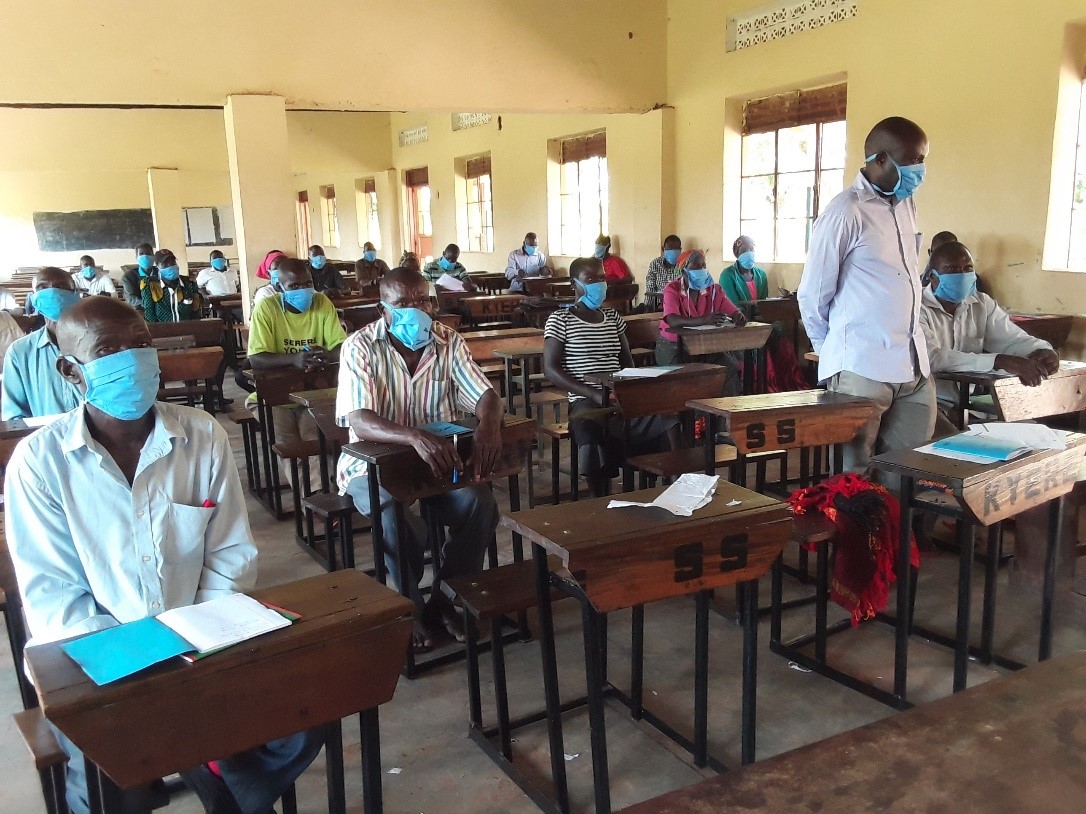
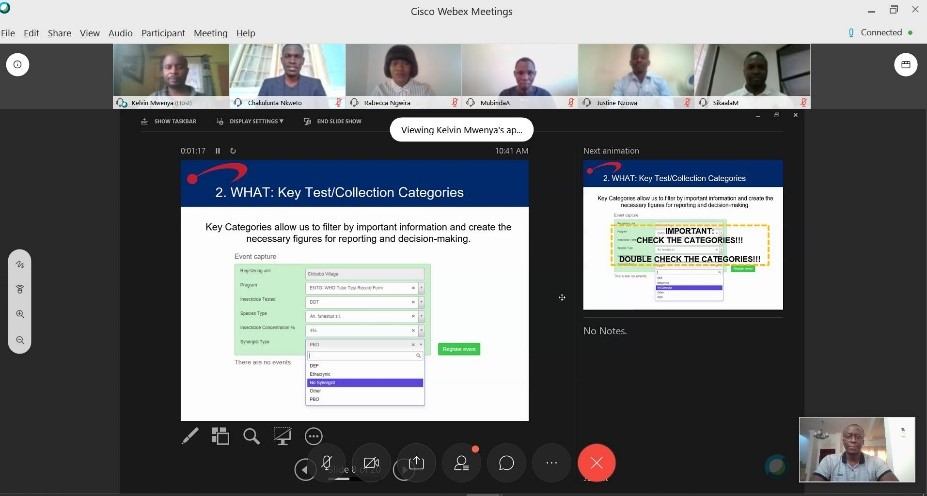
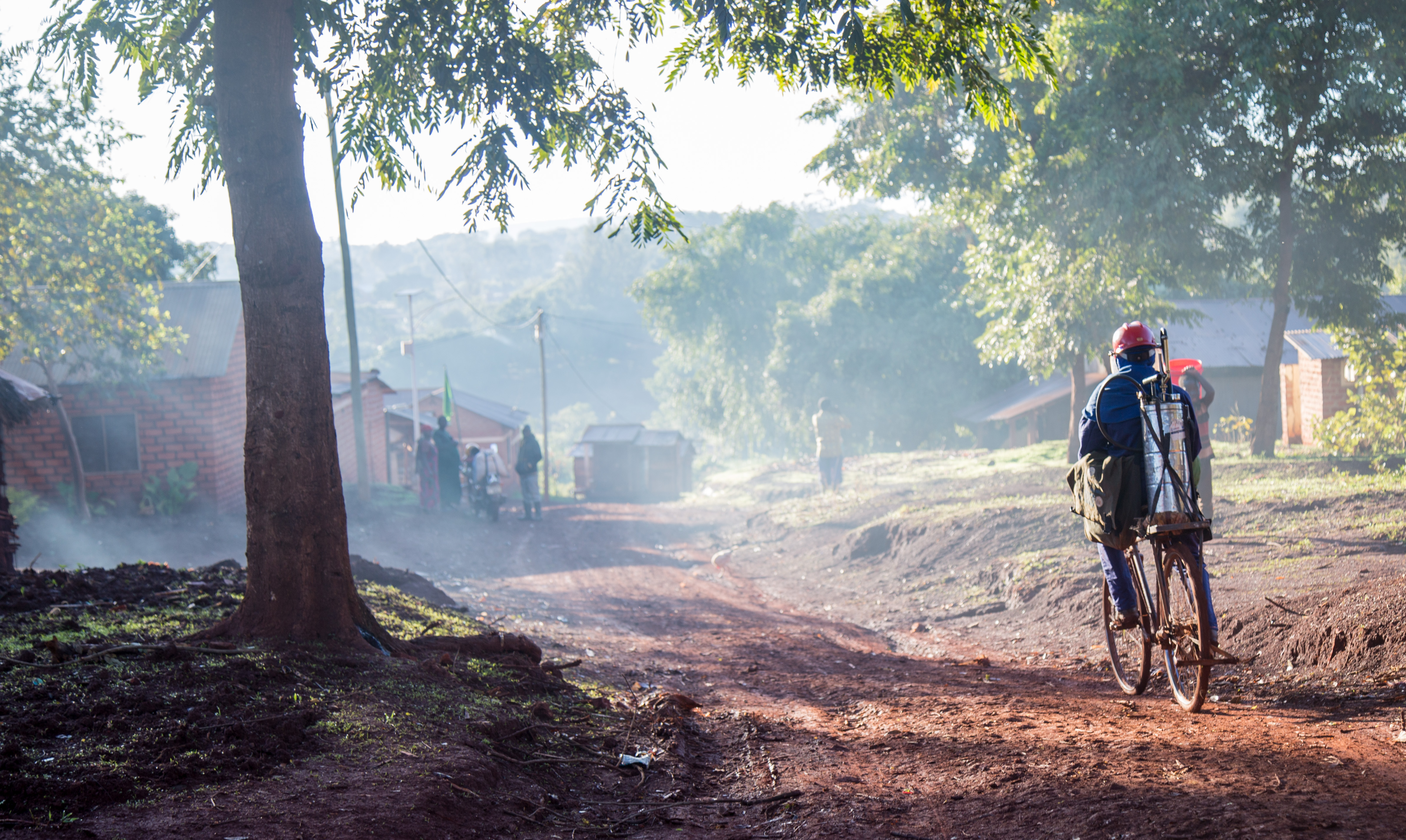







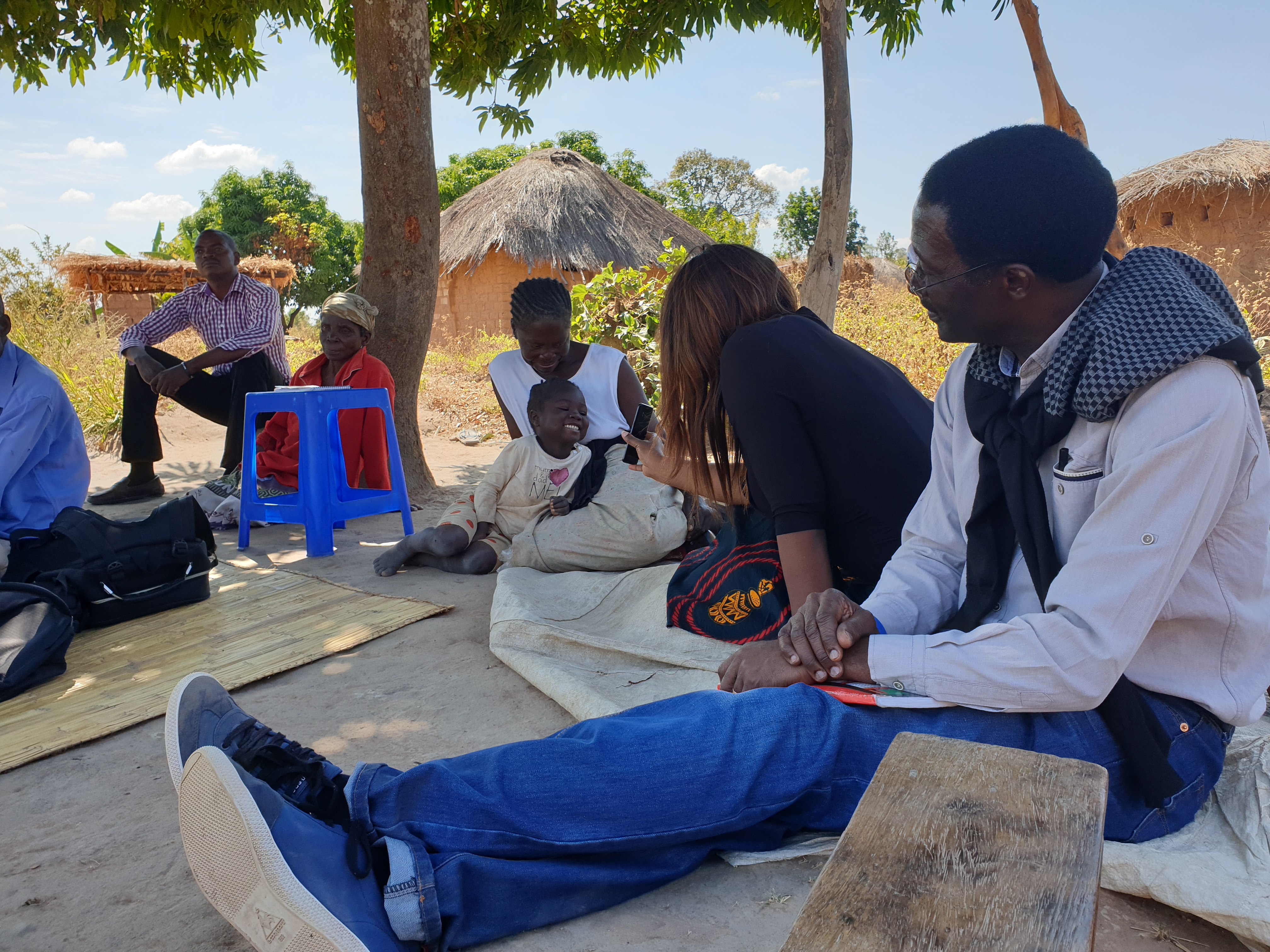
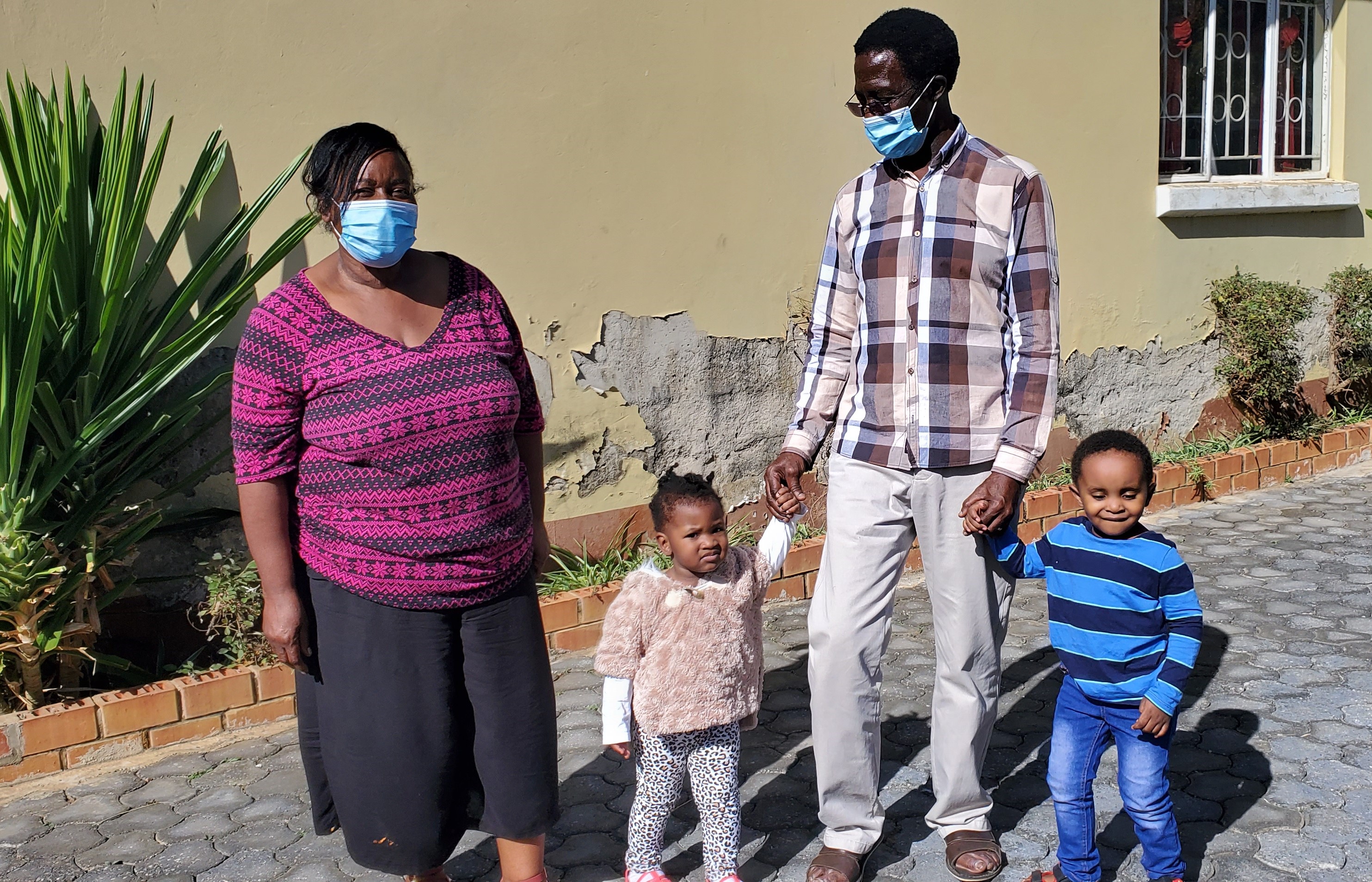
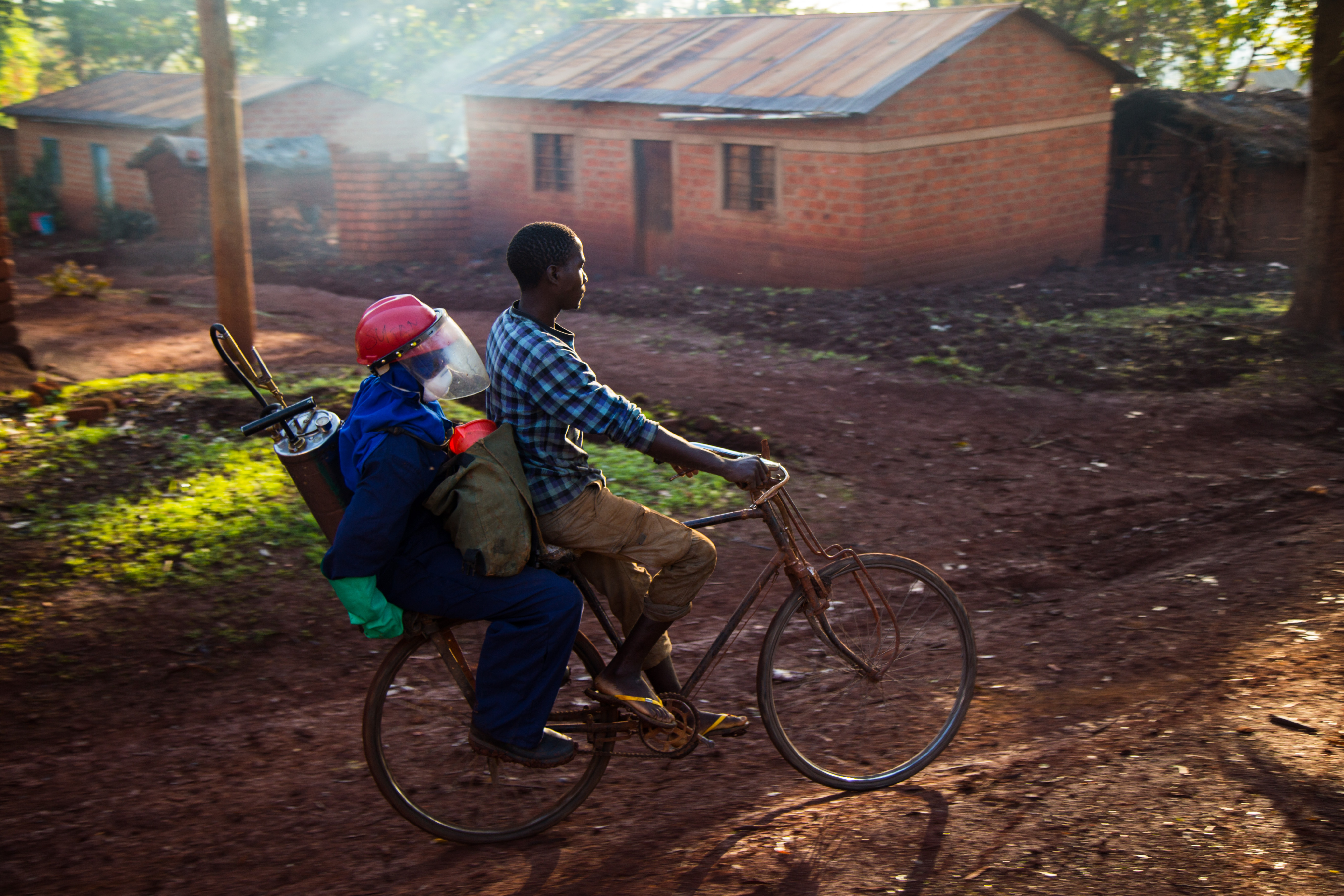
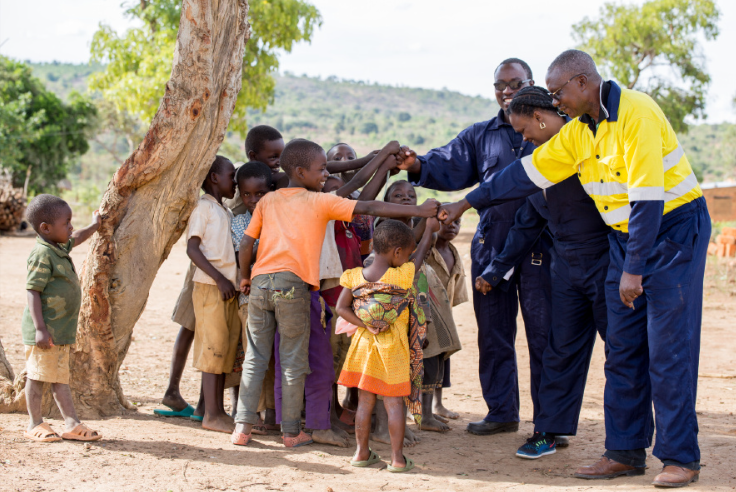
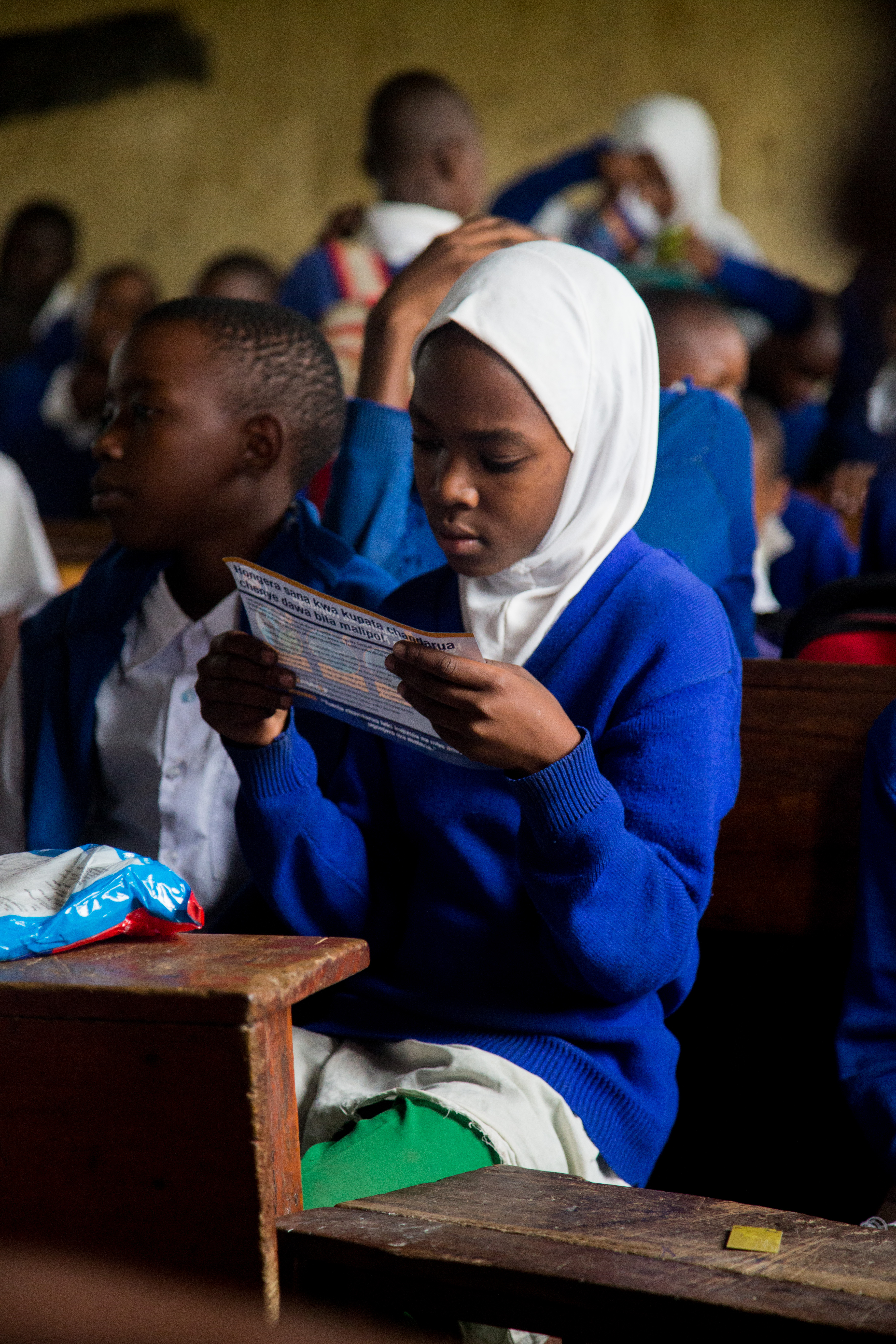
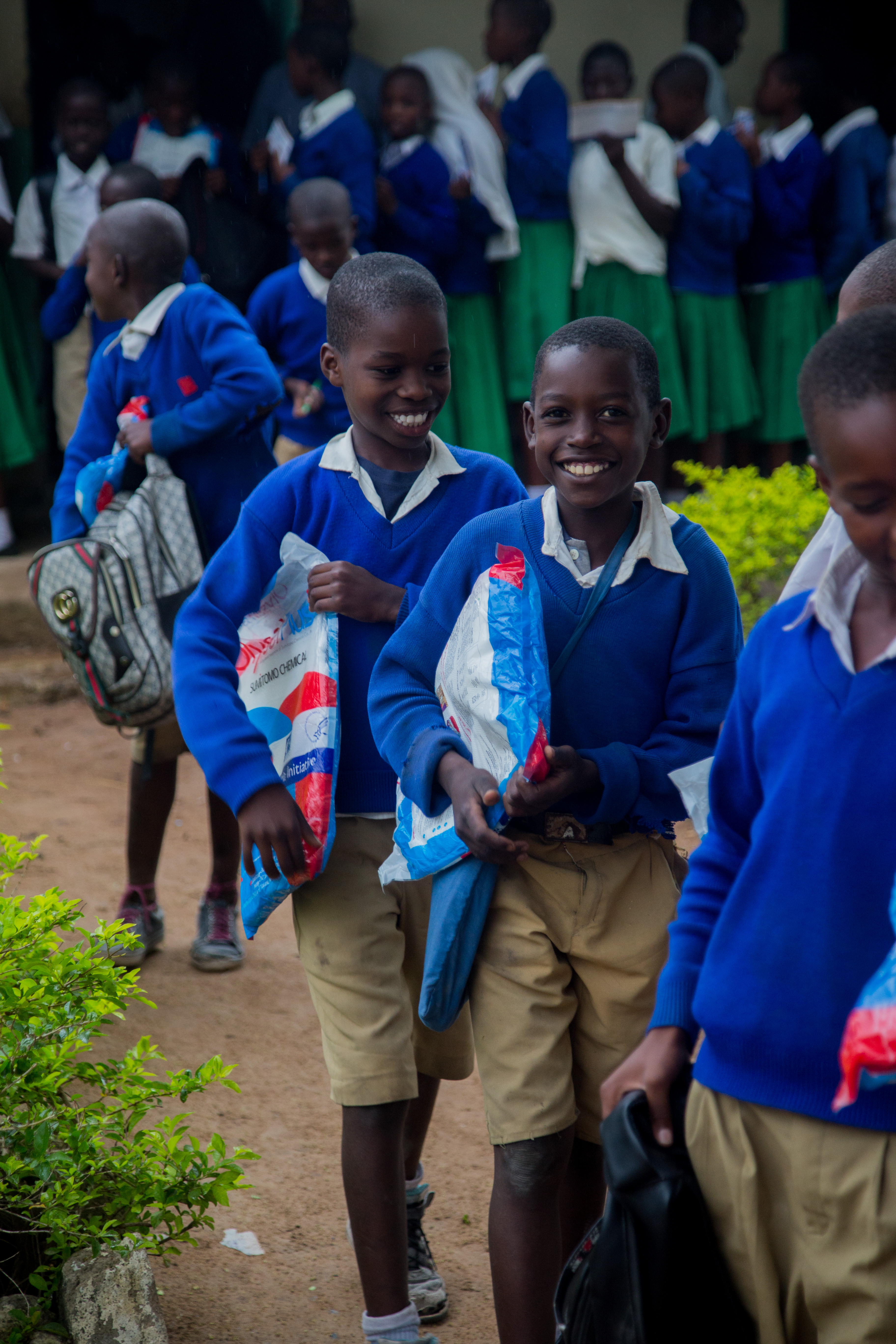
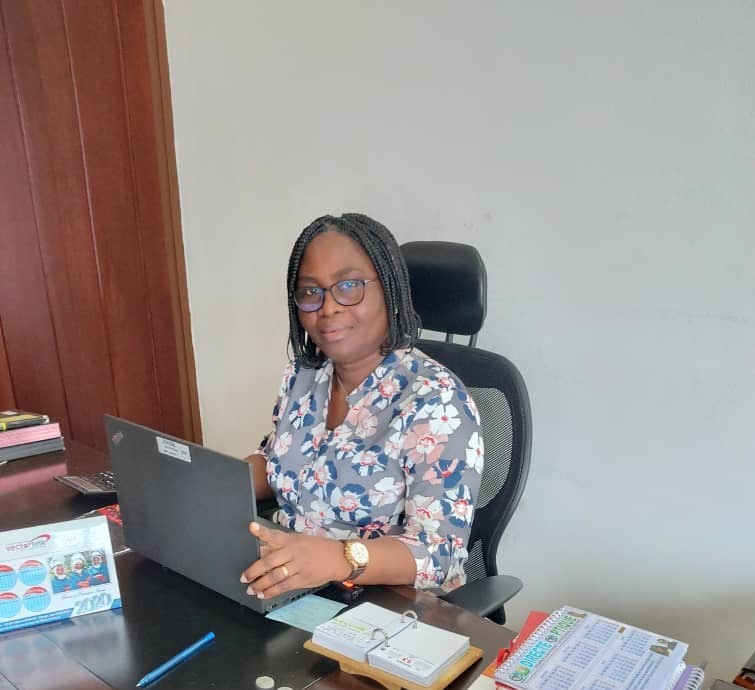
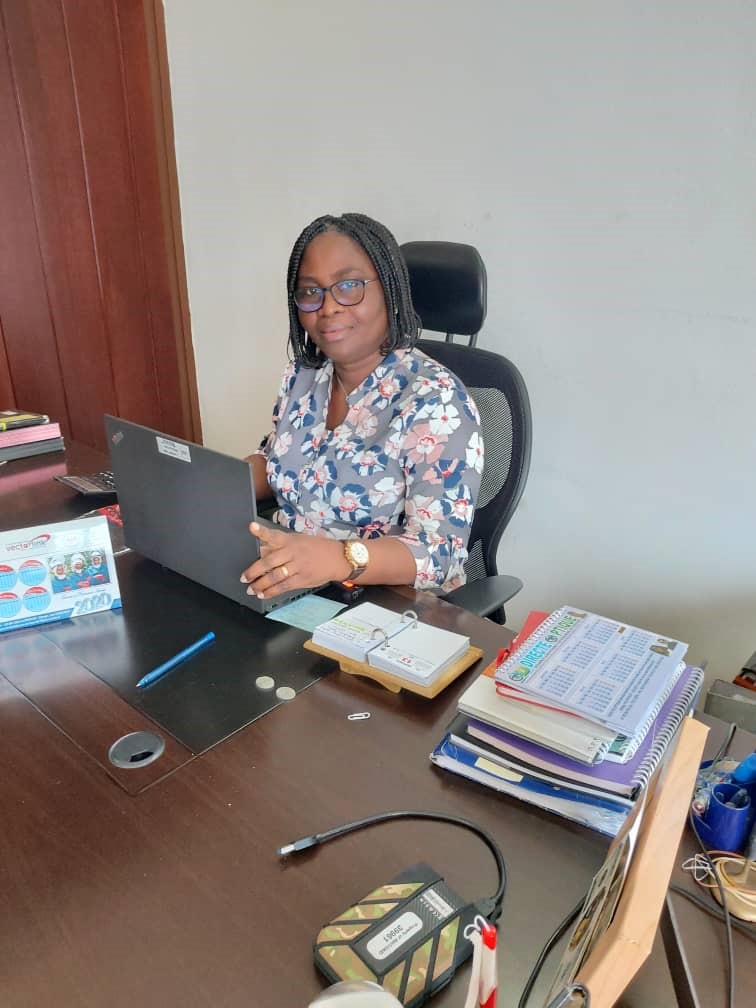 Joséphine Tossa has spent the past 12 years fighting malaria in Benin on projects supported by the U.S. President’s Malaria Initiative. As a child growing up in southern Benin’s Mono District, Tossa suffered from malaria more than once and saw many others suffer as well.
Joséphine Tossa has spent the past 12 years fighting malaria in Benin on projects supported by the U.S. President’s Malaria Initiative. As a child growing up in southern Benin’s Mono District, Tossa suffered from malaria more than once and saw many others suffer as well.